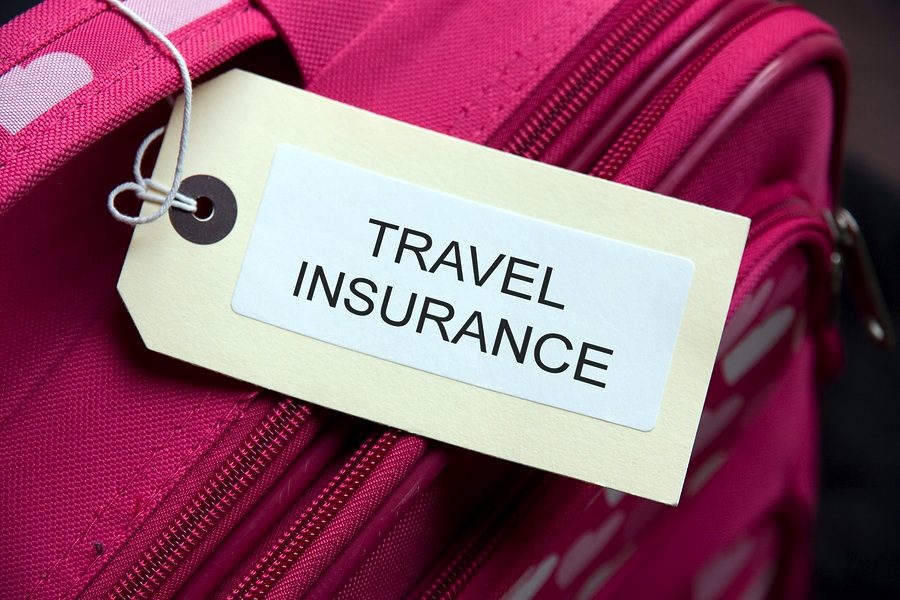5 things you may not be covering properly with your travel insurance
In a world that’s driven by price comparison sites, it sometimes feels like you’re getting a good deal by opting for the cheapest travel insurance policy.
The problem is, you’re often not covered properly by choosing the cheapest policy. Sure, it’s a good idea to make sure you’re getting a good deal – but it’s also important to understand what you need to cover and what impact that can have on you.
After all, it’s not just a piece of paper we’re talking about. It’s about your money and more importantly – your life.
So let’s look at five different things you may not be covered for and see how you can make sure you choose the right cover for your next trip:
Age limits
Nobody particularly likes talking about age, but when it comes to travel insurance, a lot of ‘free’ or cheap policies have very strict age limits.
There may also be even lower age-limits for annual policies as well as doing extra high-risk activities like winter sports.
What you can be covered for at different ages can vary between providers, but it’s always worth considering an insurer that specialises in cover for over 50s like Staysure.
Do you have medical conditions?
Not all insurance policies are created equal when it comes to covering medical conditions.
The biggest takeaway if you learn nothing else from this article is this:
It’s really important to make sure you cover any conditions you have, or have had, on your travel insurance.
That’s not just covering conditions when you take out the policy, but to update your provider if anything changes.
The look-back window for how long ago you need to declare and cover your conditions can vary, but is usually between 2-5 years. Although it’s often important to always declare if you’ve ever had any circulatory or heart conditions.
For travel insurance, a pre-existing medical condition is anything you’ve had symptoms, investigations, treatment or consultations about within that time-frame. A condition can be everything from high blood pressure which may be managed with simple medication, to anxiety, diabetes and cancer. They often won’t need to know what tablets you’re on, but will need to know what you have and how it affects you to assess your risk.
The consequence of not declaring a condition can be serious. Recently, a UK family has been left with £200,000 debt because their 50-year old mother developed pneumonia and bronchiolitis while on holiday in Cancun, Mexico. Having not declared her pre-existing conditions of asthma or bipolar disorder, Maxine’s insurer – Axa – have agreed to pay just over 10% of their fees.
For the potential cost saving if you are unfortunate to have a medical emergency while you’re on holiday, it’s worth making sure you’re covered properly.
Are you planning any special activities?
Whether you’re planning on going on a cruise, playing a round of golf or skiing, not all activities are covered by standard travel insurance policies.
This means that if you were to have an accident while taking part in that activity, then you would not be covered to be able to make a claim.
If you have exciting activities planned, it’s worth checking with your travel insurance provider that all of the activities you’re planning on doing are covered. In some instance, this will mean that you may need to pay an extra premium to make sure you’ve adapted your policy to your needs.
For cruises, you’ll often find specialist cruise cover, where you’ll also be covered for other cruise-only eventualities – like being confined to your cabin, or missed port departures.
How much has your holiday cost?
When it comes to ticking the box of having travel insurance, one thought that often is neglected is whether you’ve covered your holiday cost properly.
Should you need to cancel your holiday because of a medical emergency then the last thing you’d want is to still be left with a bill for a holiday you can’t go on.
For example, if you’re going on an epic safari that’s costing £3,000 per person, then having a travel insurance policy that can only cover you for claims up to £500 with an excess of £100 will mean that you’ll actually only be able to get back £400 of your £3,000 holiday.
So it’s well-worth considering your total holiday costs when deciding what policy is best for your needs.
What are you taking with you?
Just like with home insurance, it’s important to think about the contents of your baggage and the limit that you need to cover them up to.
Sometimes providers will have single item limits, which may not cover your pricier items like ipads or mobile phones.





















